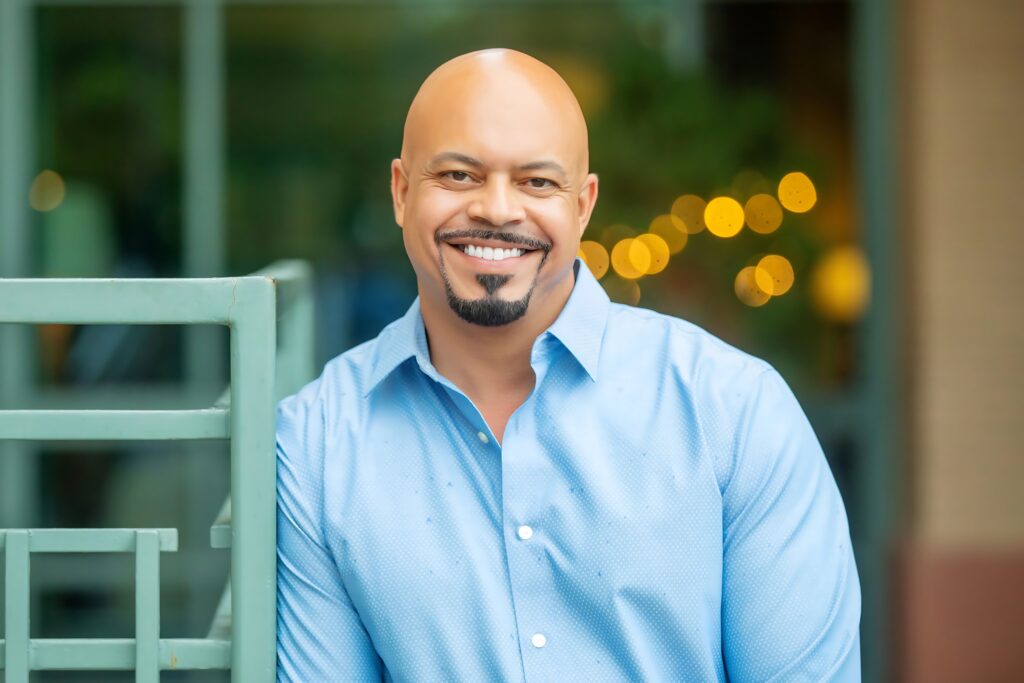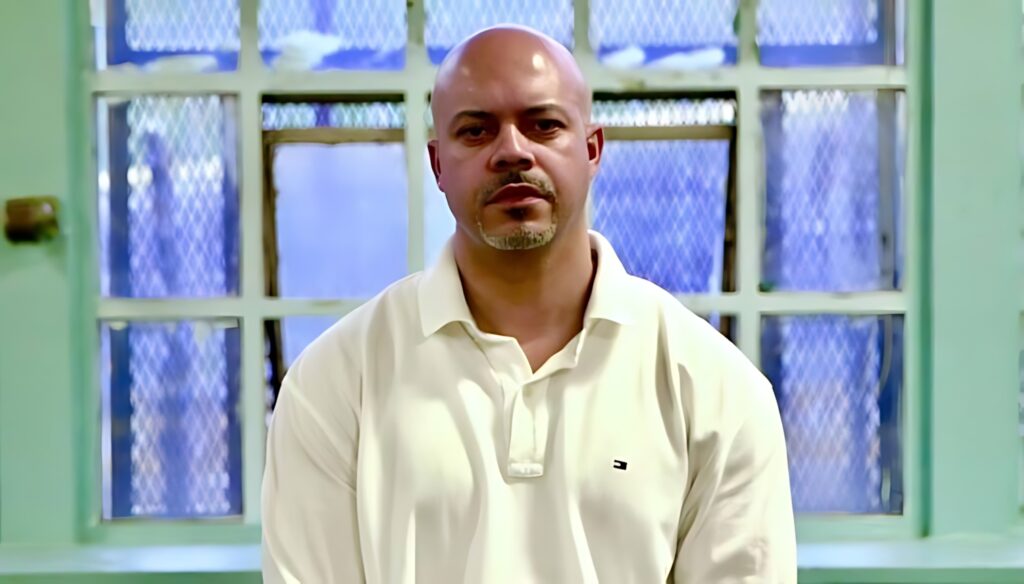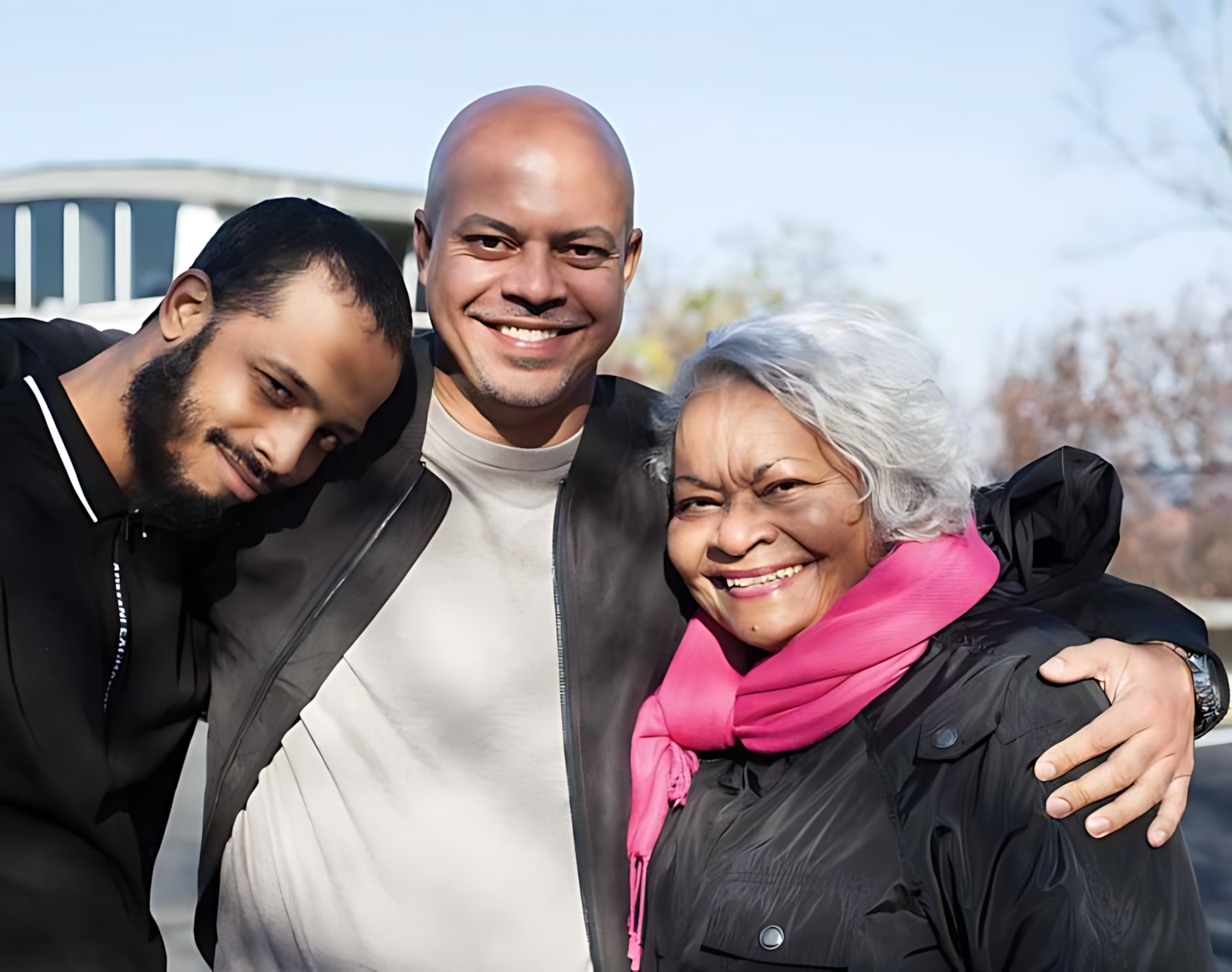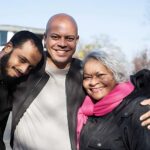DNA proof has cleared JJ Velazquez, a man wrongly blamed for homicide. He spent almost 24 years in jail. This case shows how normal improper convictions are in the U.S. A stain on our equity framework influences many lives. Velazquez’s story is one of boldness, equity, and the battle for truth.

Key Takeaways
- JJ Velazquez was unjustly sentenced for homicide and burned through 24 years in jail prior to being excused by DNA proof.
- His case features the far and wide issue of illegitimate convictions in the U.S. law enforcement framework.
- The Guiltlessness Venture assumed a significant part in revealing reality and getting Velazquez’s delivery.
- Remuneration for the wrongly sentenced is in many cases deficient, neglecting to completely represent the years lost.
- Velazquez’s story highlights the requirement for exhaustive enhancement in law enforcement forestall comparative treacheries.
JJVelazquez Exonerated of Wrongful Murder Conviction After Serving Nearly24year
The case of JJ Velazquez shows the flaws in our criminal justice system. He was wrongly convicted of murder and spent nearly 24 years in prison. He was punished for a crime he didn’t commit.
In 1995, Velazquez was arrested for a local businessman’s murder. There was no solid evidence against him. Yet, he was found guilty because of shaky eyewitness accounts and circumstantial evidence. This mistake haunted him for over 20 years.
“I never lost hope, even when the odds seemed insurmountable. I knew the truth would eventually come to light and that I would be exonerated.”
Velazquez’s story is a tragic sign of unfair convictions. His long jail sentence removed long periods of his life. It isolated him from his family and denied him an ordinary life. This foul play hurt Velazquez as well as harmed the confidence in our equity framework.
| Wrongful Conviction | Exoneration | Prison Sentence |
|---|---|---|
| 1995 | 2019 | 24 years |
The excursion to demonstrate Velazquez’s innocence was long and hard. Be that as it may, DNA proof at long last uncovered reality. This case shows why we really want to continue to attempt to fix our equity framework. We should guarantee no other person experiences like Velazquez did.
Uncovering Reality: DNA Proof Excuses Velazquez
DNA proof has changed the game in demonstrating guiltlessness. JJ Velazquez’s case demonstrates the way that it can uncover reality and bring equity. He spent almost 24 years in jail for a wrongdoing he didn’t do. Because of DNA, he was at long last absolved.
The Job of DNA Testing in Toppling Improper Convictions
DNA proof has changed the law enforcement framework. It has made examinations and preliminaries more precise. For Velazquez’s situation, DNA demonstrated he wasn’t the crook. This apparatus is key for bunches like the Honesty Venture to clear unfairly indicted individuals.
- DNA proof can effectively defend somebody, liberating the wrongly charged.
- New DNA testing tech makes scientific examination more exact.
- The Honesty Undertaking and others have utilized DNA to get hundreds free from unfairly indicted individuals.
“DNA proof has turned into an encouraging sign for those improperly sentenced, focusing a light on the inadequacies of the law enforcement framework and making ready for genuine equity to win.”
Velazquez’s story features DNA’s power in battling unjust convictions. As DNA tech improves, it will be considerably more significant in the law enforcement framework. It will assist with clearing the blameless and get the liable.
The Extended Street to Opportunity: Velazquez’s Fight in court
For JJ Velazquez, the way to opportunity was long and hard. He spent almost 24 years in jail for a wrongdoing he didn’t perpetrate. The equity framework bombed him, prompting a long sentence in view of a serious mix-up.
Velazquez’s story shows the extreme excursion of those wrongly blamed. The battle for opportunity is long and loaded up with difficulties. It takes a ton of assurance and backing from bunches like the Honesty Task.
Indeed, even in jail, Velazquez won’t ever surrender. He searched for each opportunity to effectively defend himself. He contended energetically to demonstrate his innocence, confronting a framework that had once violated him.
The Guiltlessness Assignment was key in Velazquez’s fight. They tried to find confirmation that safeguarded himself. Their work shows that it is so crucial to fight for value, regardless, when it’s hard.
Velazquez’s case is an admonition about the defects in our equity framework. It shows that fixing these problems is so significant. We should attempt to forestall such treacheries and ensure a fair outcome is given.
| Key Milestones in Velazquez’s Legal Battle | Duration |
|---|---|
| Initial Conviction | 1996 |
| Began Serving 24-Year Sentence | 1996 |
| Innocence Project Takes on Case | 2015 |
| DNA Evidence Exonerates Velazquez | 2020 |
| Velazquez Released from Prison | 2020 |
Improper Convictions: A Stain on the Law enforcement Framework
The law enforcement framework is intended to safeguard the blameless. However, it is imperfect. Improper convictions are a major issue, severely limiting individuals’ independence and harming their families.
The Effect of Legal Blunders on Honest Lives
Legal mix-ups can demolish somebody’s life. They can emerge out of awful observers, wrong criminological proof, or constrained admissions. These mistakes can prompt a long time in jail, lost possibilities, and profound torment for the charged and their families.
Take JJ Velazquez for instance. He was wrongly detained for a long time. His story features the requirement for equity change. The aggravation he and others have gone through shows how dire this issue is.
“The framework bombed me, yet I won’t allow it to characterize me. My story is a useful example, a source of inspiration, and an update that equity should be heedless to predisposition and relentless in its quest for reality.”
– JJ Velazquez, Exoneree
The Guiltlessness Task and others are battling for equity. They need to fix the framework’s concerns. Fixing issues like terrible onlookers, misleading admissions, and wrong measurable proof is critical to trust and decency.

Equity needs sympathy and a solid obligation to reasonableness. This is the means by which we can mend from unjust convictions. Really at that time could we at any point make the law enforcement framework genuinely serve and safeguard everybody.
The Guiltlessness Venture: Bosses of Equity
The Guiltlessness Venture is a main non-benefit battling against improper convictions in the U.S. They use DNA proof to free the wrongly charged, as JJ Velazquez. This work carries desire to those wrongly secured.
Begun in 1992, the Guiltlessness Venture has changed the law enforcement framework. They make a solid effort to fix regulations that lead to illegitimate convictions. On account of DNA testing, they’ve liberated many blameless individuals, uncovering the framework’s defects.
The Guiltlessness Venture handles improper convictions in numerous ways. They utilize lawful information, logical examination, and support. Their group checks out intently at cases, looking for new proof and testing old practices.
By freeing the wrongly charged, the Genuineness Errand has started a significant conversation on value change. They include the wickedness of unreasonable convictions. This has incited help for guidelines and activities to hinder such misunderstandings.
The Blamelessness Task’s work, as in JJ Velazquez’s case, shows DNA’s power. It helps us to remember the need to constantly look for reality, regardless of the test.
Remuneration for the Wrongly Indicted: A Little Compensation
The equity framework goes for the gold fair treatment. However, the wrongly indicted show us its defects. Those wrongly detained face numerous lawful and social obstacles on their way to remuneration.
Evaluating the Unquantifiable: Putting a Cost on Lost Years
Putting a cost on lost long periods of freedom is hard. No sum can completely compensate for the profound aggravation, lost wages, and dreams broke by improper conviction. In any case, society should attempt to offer some type of equity.
- In the US, 33 states and the Area of Columbia have regulations that give pay to the wrongly sentenced, with payouts going from $5,000 to $80,000 each extended period of imprisonment.
- Nonetheless, these aggregates frequently miss the mark concerning enough tending to the complex difficulties looked by the excused, from modifying vocations and fixing harmed connections to getting to psychological well-being assets.
- Advocates contend that a more exhaustive methodology is required, one that gives monetary pay as well as offers far reaching support administrations to help the wrongly indicted recover their lives.
Battling for fair pay is a long and hard fight. It shows the requirement for changes in the law enforcement framework. As we face these treacheries, we should request greater responsibility and sympathy for the wrongly indicted.
“The price tag on justice is not just the cost of the trial, but the price of the lives that are destroyed.”
The fight for fair compensation shows our wish for a more just system. It’s a system that values the human cost of wrongful convictions and works to prevent them.
The Fallout: Revamping Life After Absolution
Living day to day after an unfair conviction is intense. Individuals like JJ Velazquez, who were wrongly detained, face enormous difficulties. They should modify their lives and fit once more into society.
The profound harm is tremendous. Velazquez lost almost 24 years of his life. He passed up a vocation, family, and opportunity. Mending from this injury consumes a large chunk of the day, with progressing pressure and shame.
Beginning once again is hard, particularly monetarily. Velazquez passed up work and reserve funds. Getting a new line of work, home, and medical care is intense without help from the equity framework.
| Challenge | Impact |
|---|---|
| Emotional Trauma | Lingering PTSD, social stigma, and psychological scars |
| Financial Hardship | Lack of resources, difficulty finding employment, and securing basic necessities |
| Social Reintegration | Rebuilding relationships, navigating societal perceptions, and reclaiming a sense of normalcy |
Velazquez’s story shows we want equity change. We should help the wrongly indicted revamp their lives. By handling these difficulties, we can guarantee equity and allow them back their opportunity and opportunities.
Illustrations Learned: Calls for Enhancement in law enforcement
The unfair conviction of JJ Velazquez shows how critical improvement in law enforcement. His case and others feature the framework’s blemishes. These blemishes trap honest individuals, limiting their independence and hurting.
Forestalling Future Improper Convictions
After Velazquez’s exemption, many are calling for change. They need to fix the framework’s concerns that lead to unjust convictions. Key regions for change include:
- Reinforcing onlooker ID strategies to lessen mixed up distinguishing proof
- Further developing criminological science strategies, similar to DNA testing, for better dependability and straightforwardness
- Guaranteeing the charged approach great legitimate guidance and forestalling pressured admissions
- Expanding oversight and responsibility to catch and fix legal blunders or wrongdoing
- Extending the job of gatherings like the Blamelessness Undertaking to explore and address unjust convictions
By tackling these issues, we hope to stop future wrongful convictions. This will help restore trust in the justice system.

“The Velazquez case is an unmistakable update that the law enforcement framework isn’t dependable. We should gain from these mix-ups and work resolutely to guarantee that no blameless individual is at any point down the road denied of their freedom.”
The battle for enhancement in law enforcement continuous. Velazquez’s story is a strong call for change. It rouses us to battle for reasonableness, value, and fair treatment in the American overall set of laws.
Exemptions: A Self-contradicting Triumph
The exemption of JJ Velazquez following 24 years is a major success for equity. However, it’s a mixed second. No measure of cash or statement of regret can completely fix the years lost, open doors missed, and profound scars from his unjust conviction.
Velazquez’s story cautions us about the law enforcement framework’s blemishes. It shows how even with sincere goals, errors, inclination, and framework issues can wrongly detain individuals. His excursion to exemption was long and hard.
We praise a fair consequence being given, however we should likewise see the profound scars of unfair convictions. The injury, lost time, and broken vocations and connections are wounds that can’t completely mend. Pay for the wrongly indicted is significant, however it can’t completely fix the aggravation and languishing.
The Velazquez case includes the necessity for development in policing. We truly need better spectator ID, more grounded logical assessment, and more straightforwardness in the general arrangement of regulations. These movements are fundamental to avoiding extra hardships. We ought to acquire from a prior time and endeavor to hold others back from going up against what Velazquez did.
“The exoneration of the wrongly convicted is a victory, but it is also a painful reminder of the work that remains to be done in our justice system.”
Pondering Velazquez’s story, we should be motivated to push for change. We should request responsibility and construct an equity framework that is fair and just. Really at that time could we at any point transform these mixed triumphs into genuine equity for everybody.
Velazquez’s Story: A Useful example
JJ Velazquez’s exemption after almost 24 years in jail for an unjust homicide conviction is an admonition. It shows the requirement for change in the American law enforcement framework. Velazquez’s story is an unforgiving indication of the mischief legal mix-ups and absence of insurance can cause to blameless individuals.
Velazquez’s case features the significance of DNA proof in clearing unjust convictions. He effectively defended himself through DNA testing after a long time in jail. This shows the profound imperfections in the framework that lead to such treacheries. It calls for officials, lawful specialists, and the general population to push for additional responsibility and transparency in the law enforcement framework.
Pondering Velazquez’s excursion, we should likewise thank bunches like the Guiltlessness Task. They have been battling for the wrongly indicted and looking for equity. Their endeavors are a light of trust, showing us that even the hardest difficulties can be overwhelmed sincerely and a pledge to reasonableness and equity.
FAQ
What is the story of JJ Velazquez’s wrongful conviction and exoneration?
JJ Velazquez was wrongly accused of murder and spent nearly 24 years in prison. He was finally cleared through DNA evidence. His case shows the deep injustices in our justice system and the hard journey to clear one’s name.
How did DNA evidence play a role in Velazquez’s exoneration?
DNA testing was key in clearing Velazquez’s name. This technology wasn’t around when he was tried. It proved his innocence and led to his freedom.
What challenges did Velazquez face in his legal battle for freedom?
Velazquez faced many hurdles in his fight for freedom. He had to deal with a flawed justice system. His story shows the strength needed to prove one’s innocence.
What is the role of the Innocence Project in cases like Velazquez’s?
The Innocence Project is a non-profit that helps the wrongly convicted. They used DNA to fight Velazquez’s conviction. Their work is crucial in fixing our justice system.
How are the wrongly convicted compensated for their lost years of freedom?
Paying back lost years is a tough issue. While some compensation is given, it’s hard to fully make up for lost time. It’s a complex problem.
What are the long-term challenges faced by individuals like Velazquez after being exonerated?
After being cleared, wrongly convicted people face big challenges. They must deal with emotional, social, and financial issues. It’s a tough road to rebuilding their lives.
What lessons can be learned from Velazquez’s case, and how can it drive criminal justice reform?
Velazquez’s story is a warning. It shows we need to fix our justice system. We must work to prevent wrongful convictions and protect the rights of the accused.









1 thought on “JJ Velazquez Exonerated After 24 Years in Prison”